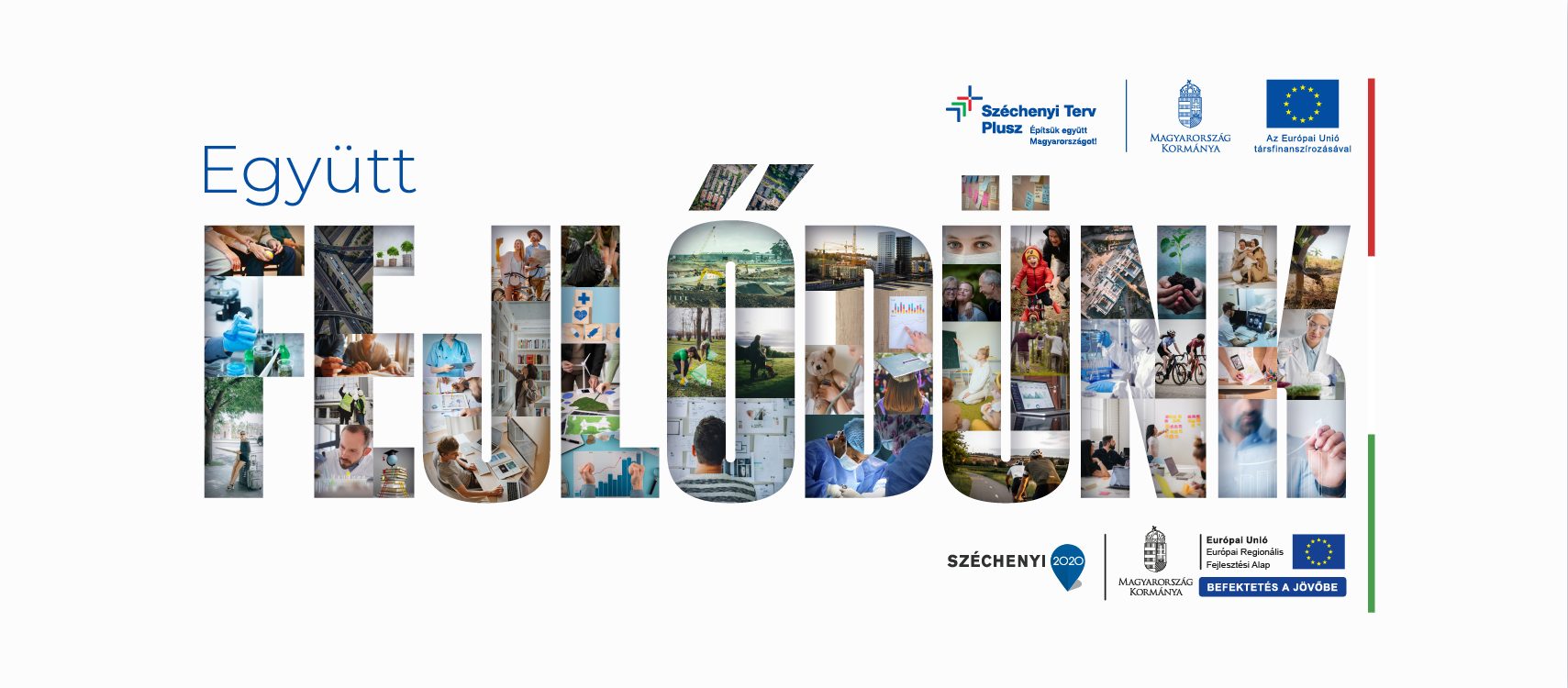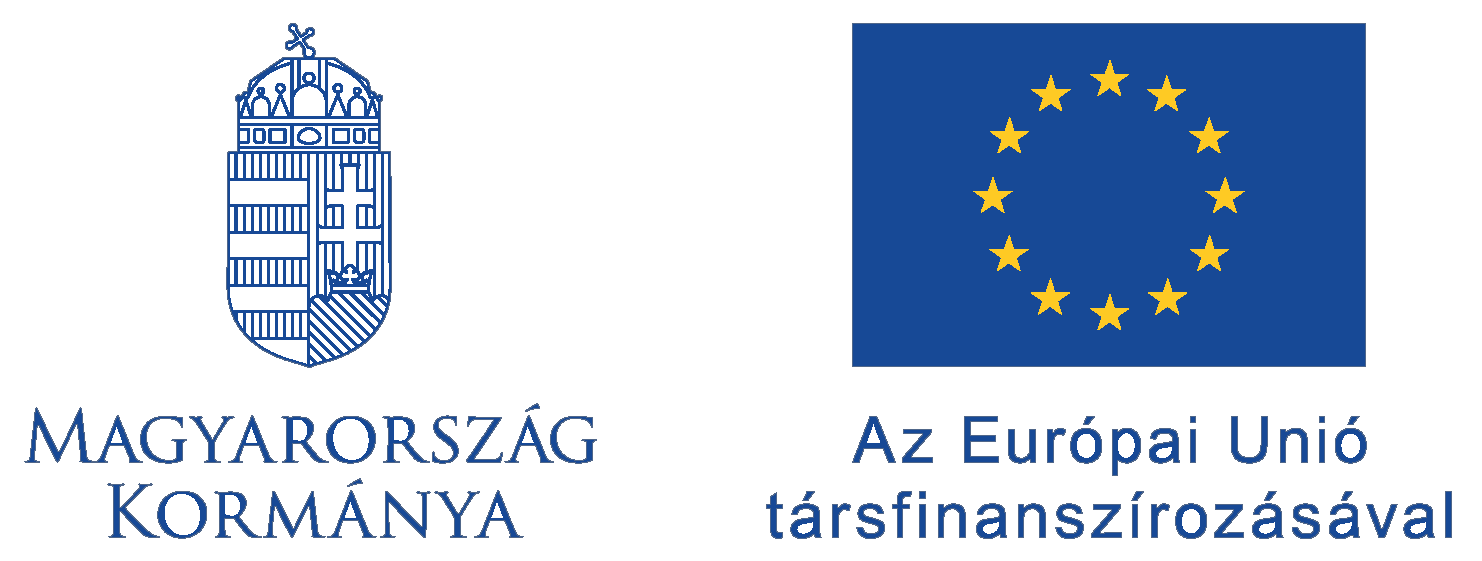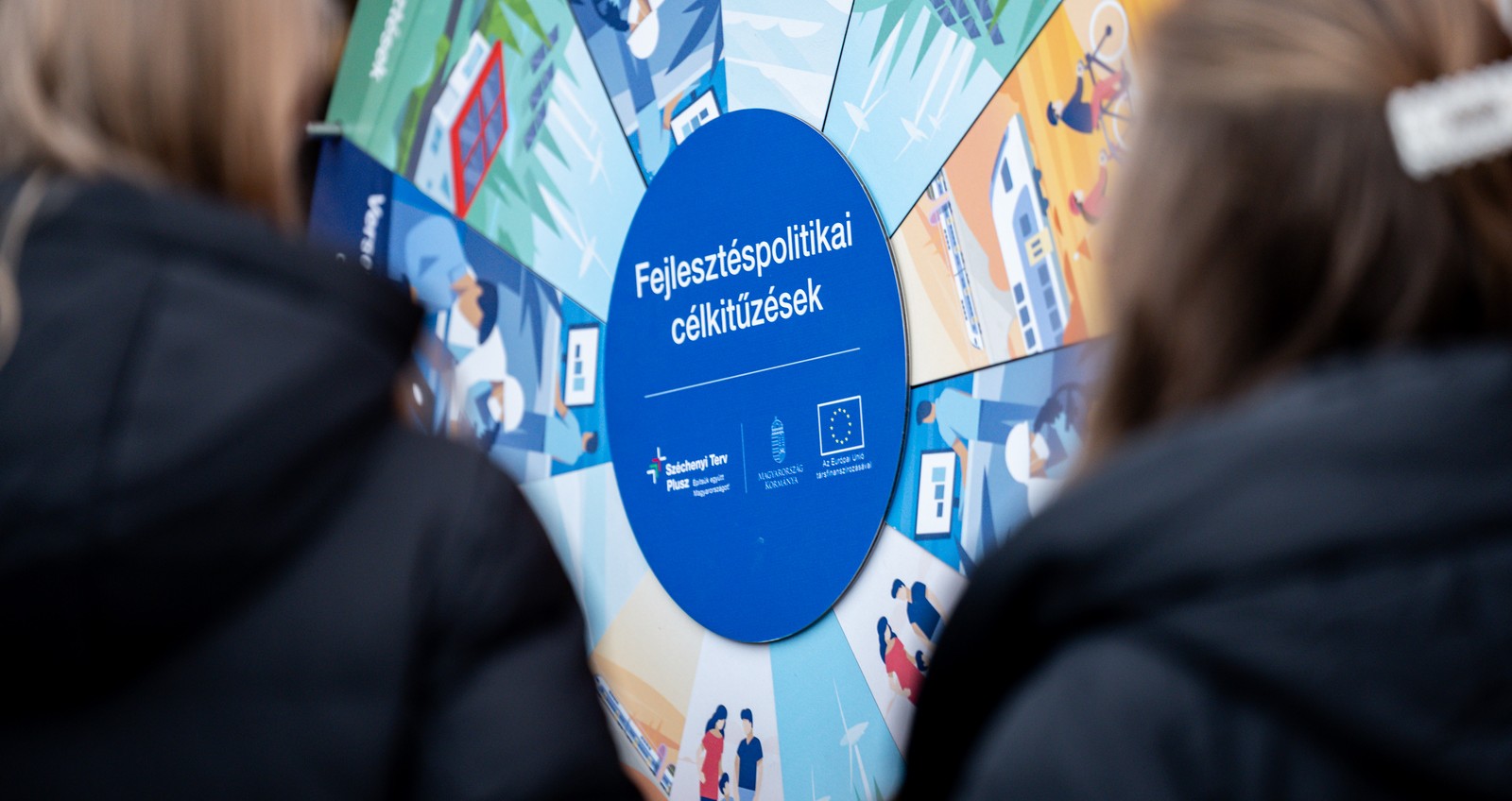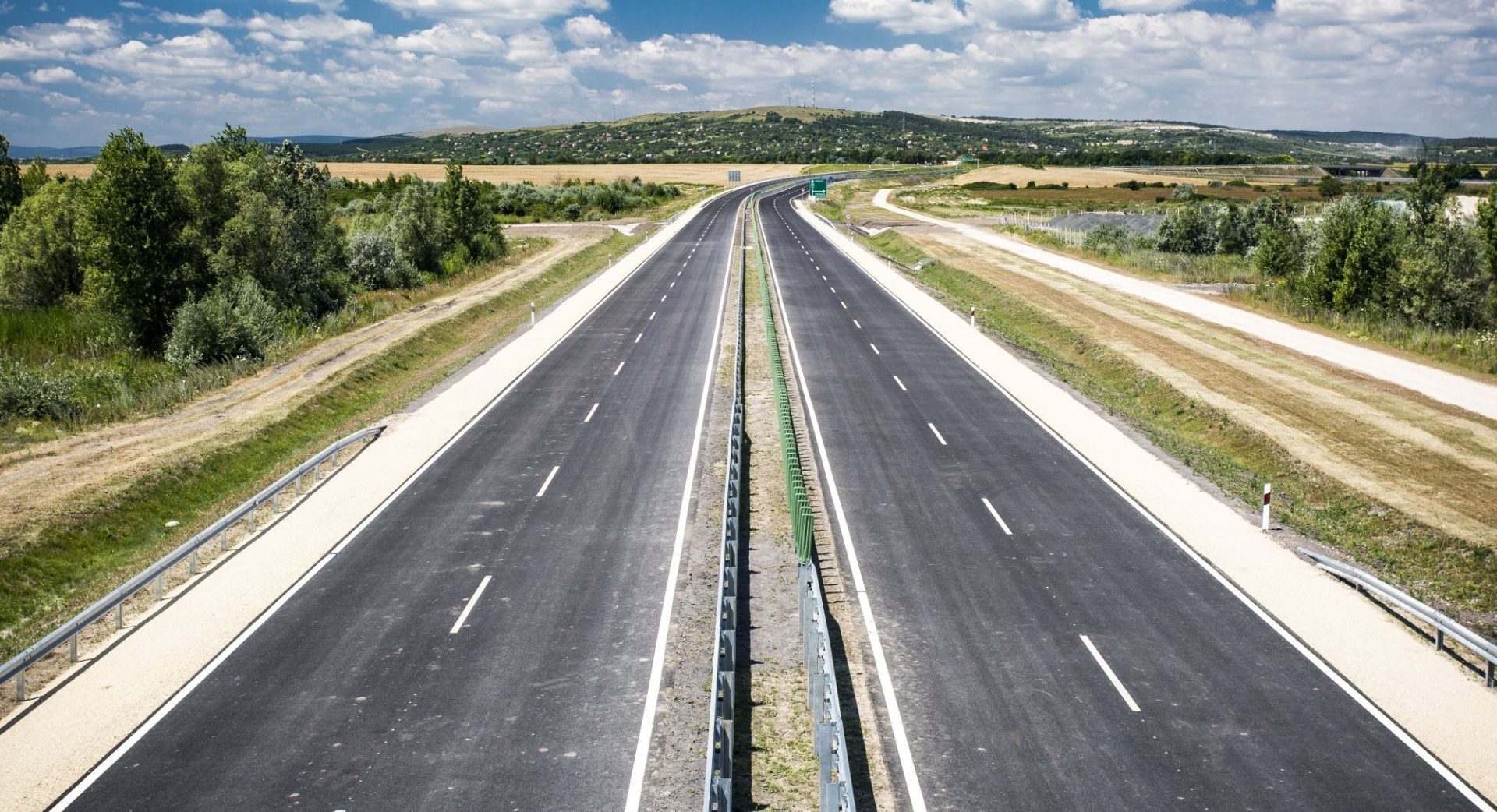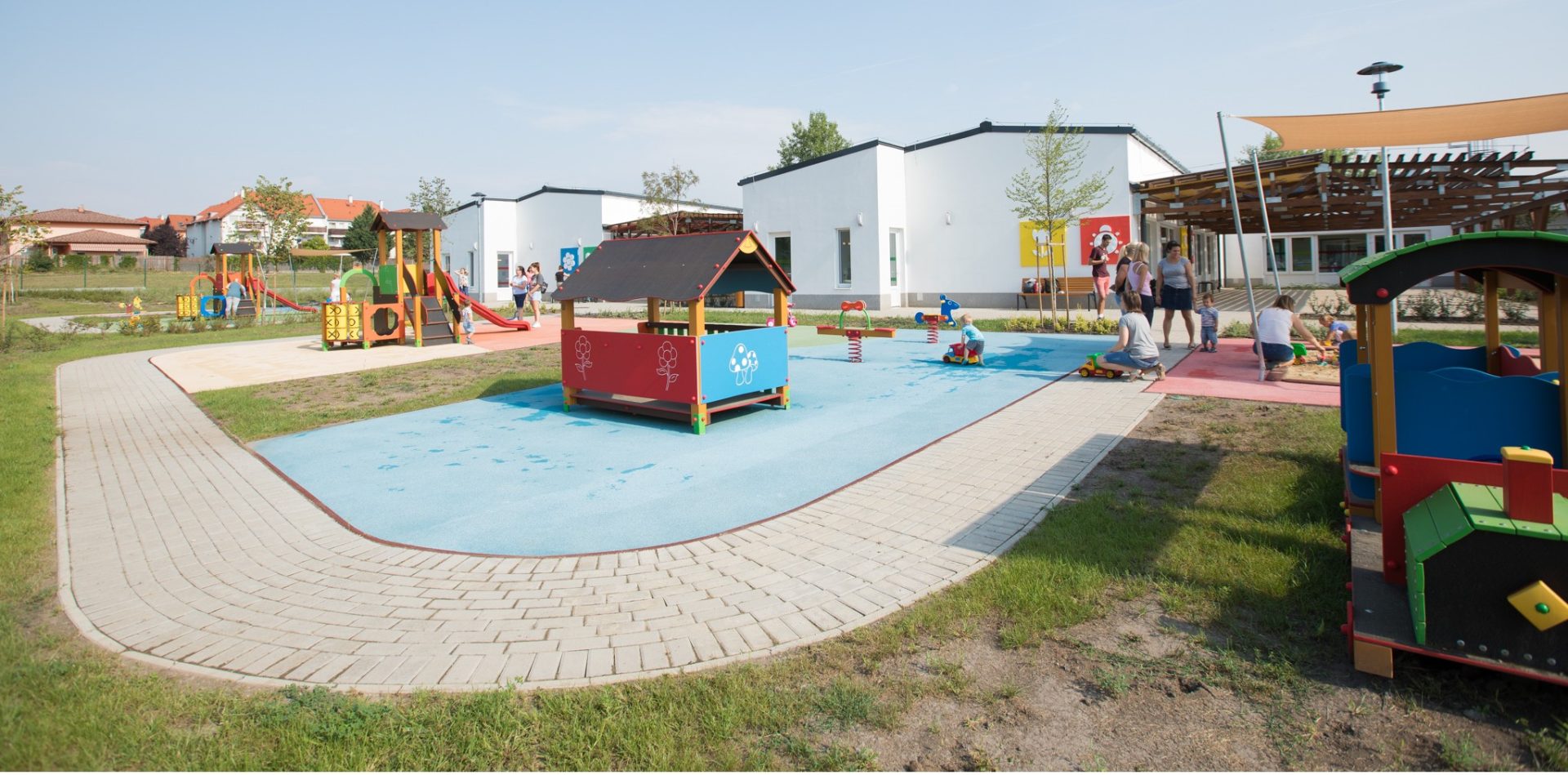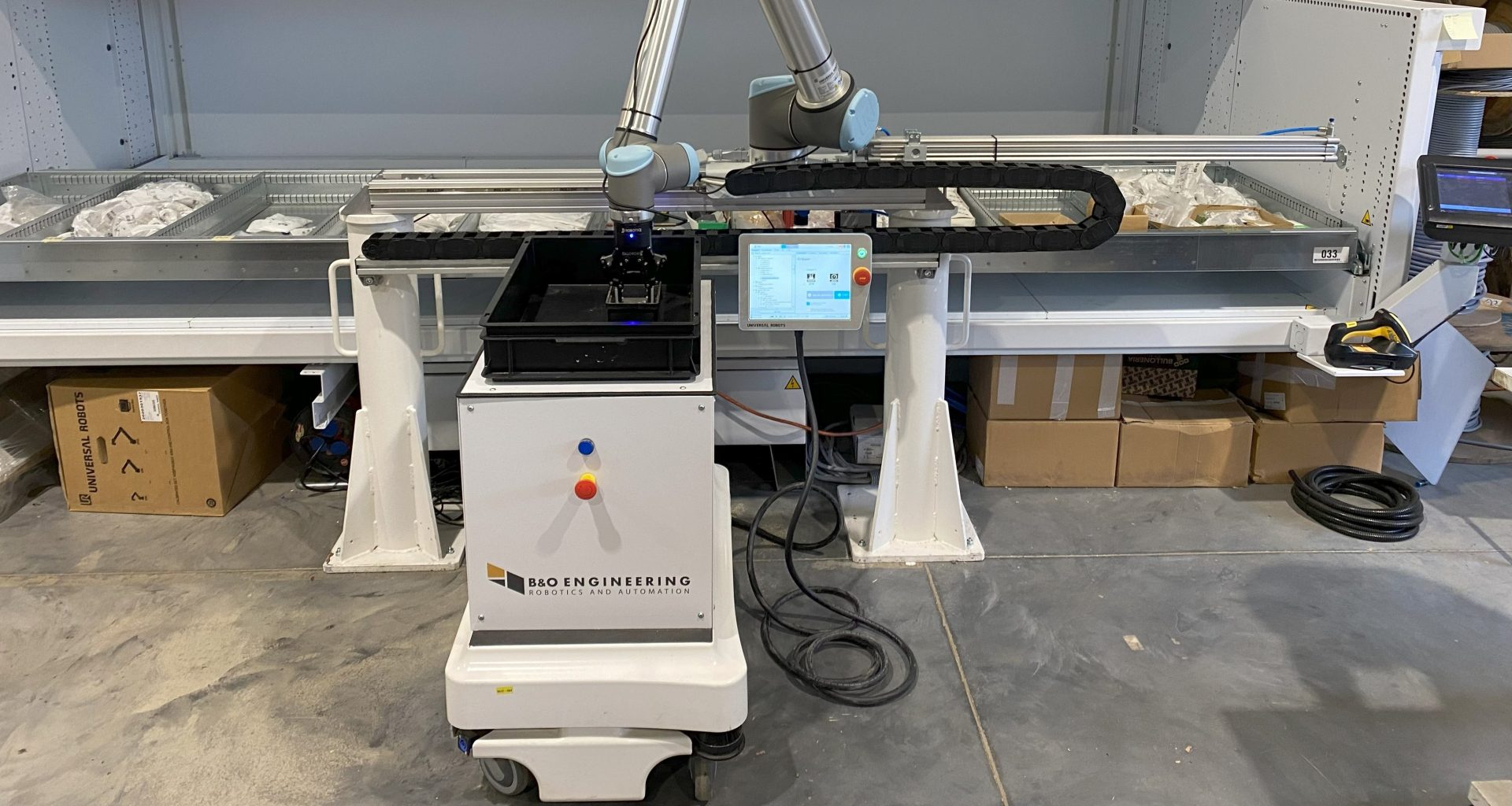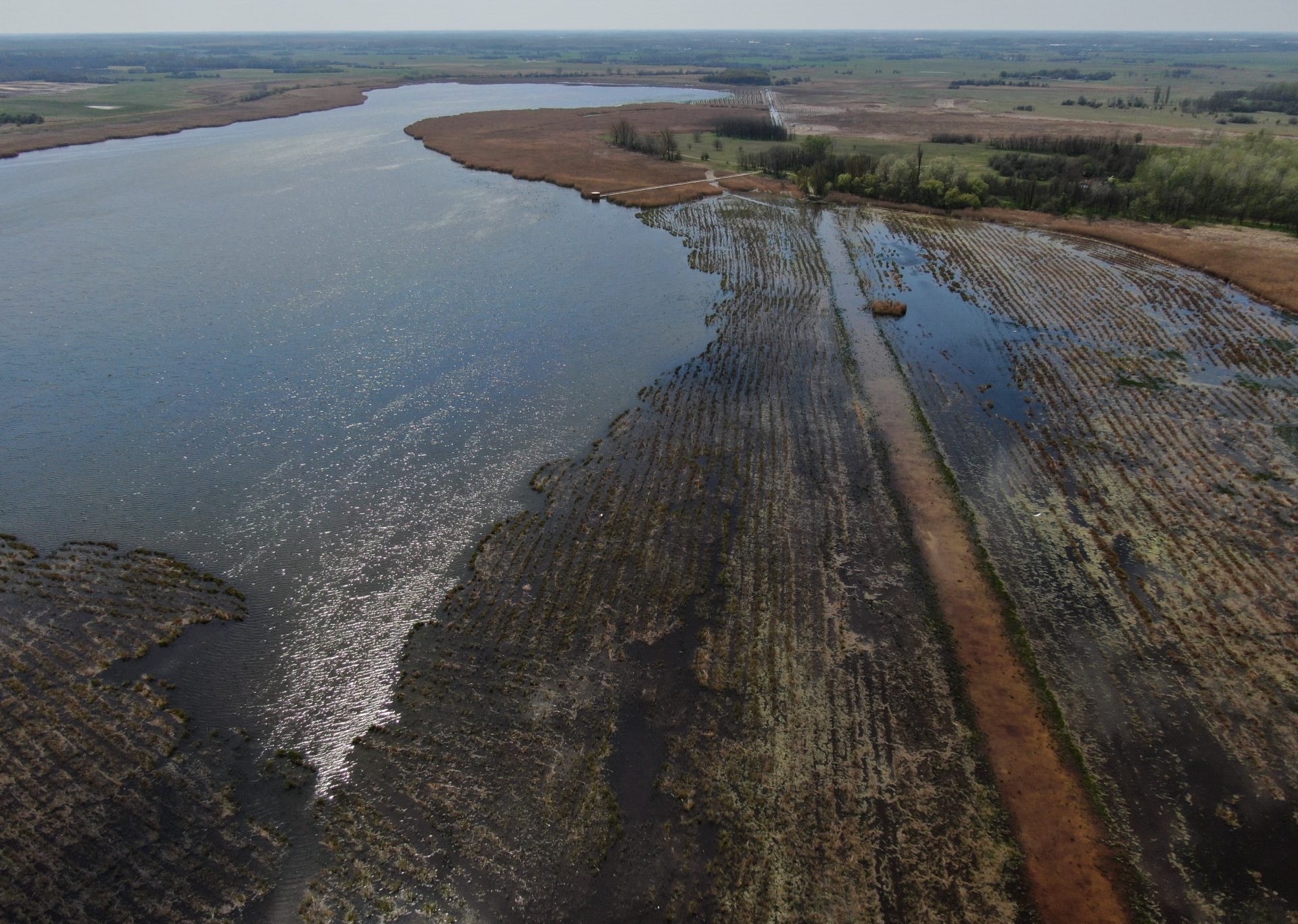The city of Paks has taken a significant step toward a greener future: thanks to a comprehensive EU-funded development, the local public transportation system has been fully revitalized with zero-emission, state-of-the-art electric buses and the modern infrastructure necessary to support their operation. This innovative investment simultaneously advances environmental protection, promotes equal opportunities, and enhances travel comfort—bringing the vision of a more livable city closer to reality.
As part of the project, six SOLO electric buses and four MIDI-type vehicles were put into operation. The fleet replacement was justified on several grounds: the previous diesel-powered vehicles had high carbon emissions that caused significant environmental impact, and the city also sought to improve access to its various neighborhoods. The smaller MIDI buses can now easily navigate narrower streets, enhancing connectivity.
The new vehicles operate without any harmful emissions. Their energy supply is also locally sourced: electricity is provided by the Paks Nuclear Power Plant’s base-load output as well as local solar power plants—making public transport in Paks truly green. The buses are equipped with the latest info-communication systems, and their barrier-free design ensures that every passenger—regardless of age or mobility—can use them comfortably.
In addition to acquiring the new vehicles, the project also focused on upgrading the energy supply system: new charging stations were built, and the capacity of the electric grid was expanded to ensure the reliable and continuous operation of the electric fleet.
Even before the official launch, residents of Paks had the chance to gain firsthand experience through a free trial period. Locals could try out the comfort, quietness, and modernity of electric transport. Through this initiative, Paksi Közlekedési Kft. opened a dialogue with the community and gave residents an opportunity to become familiar with the new system.
This investment goes far beyond technological advancement: it is a key step toward creating a greener, more livable, and inclusive urban environment. Today, Paks is firmly on the path of sustainable mobility—where environmental protection, social equity, and a modern urban quality of life are not just aspirations, but tangible realities.
The development was implemented from EU funding in the project IKOP-3.2.0-15-2016-00020 under the Integrated Transport Development Operational Programme.
Find out more about the project in the Project Finder:Details
